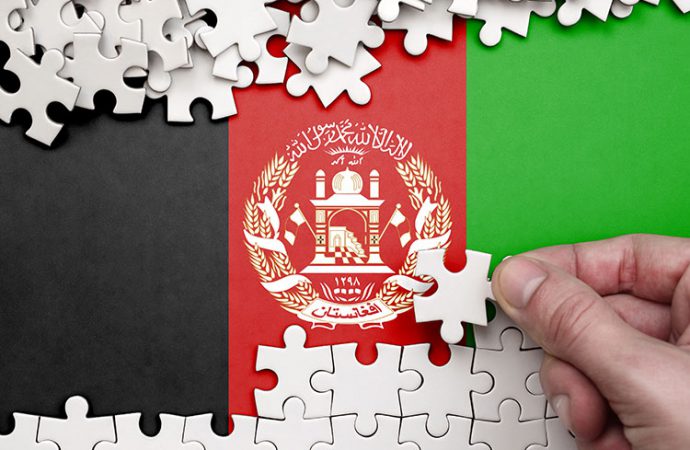Afghanistan has always factored significantly in the Pak – U.S. relationship. Pak – U.S. ties in the last two decades were mainly driven by USA’s geopolitical objectives in Afghanistan. Seemingly, the United States wants to strengthen relations with the PML-N led coalition government while encouraging them to influence the Taliban to comply with the international
Afghanistan has always factored significantly in the Pak – U.S. relationship. Pak – U.S. ties in the last two decades were mainly driven by USA’s geopolitical objectives in Afghanistan. Seemingly, the United States wants to strengthen relations with the PML-N led coalition government while encouraging them to influence the Taliban to comply with the international community’s demands. Is Taliban-controlled Afghanistan a significant factor in Pak-US relations?
With the Taliban back in power in Afghanistan, Pakistan may have edged closer to obtaining its long-desired “strategic depth” concerning its western neighbour. However, the Taliban’s success is also severely jeopardising Pakistan’s tense bilateral relationship with the U.S., which has left Afghanistan but still retains a strategic interest in the country. Do these U.S. interests in Afghanistan still influence its approach toward Pakistan?
U.S. objectives in Afghanistan have been the cornerstone of the U.S.Pakistan strategy. It wouldn’t be inaccurate to say that the US still bases its policies towards Pakistan on its interests in Afghanistan. It wants to ensure that Pakistan does not formally recognise the Taliban regime and uses its influence to make concessions on women’s rights and establish an inclusive government. The government of Afghanistan must create provisions for the people to earn money to fulfil their basic needs.
The United States can work with Pakistan in other ways; by assisting it in addressing its severe climate crisis. The U.S. and Pakistan should seek ways to increase bilateral trade. While making it clear that Pakistan must produce and market its commodities at competitive costs, Washington might offer technical assistance to sectors like the textile industry. Encouragement of American businesses to explore investment opportunities in Pakistan could provide Pakistan with a lucrative incentive to improve its economy.
That does not imply that this new strategy won’t require consideration of Afghanistan; after all, the United States still needs Pakistan’s assistance for long-term counterterrorism measures to deal with any threats from extremist groups in Afghanistan. Additionally, America urges Pakistan to refrain from recognising the Taliban. However, it should only represent a portion of American strategy toward Pakistan. In the longer term, this new strategy can potentially reorient the connection positively. Pakistan’s leadership may prefer to discuss bilateral trade with the US more than regional security.
The future of the Pakistan-Afghanistan relationship is still uncertain because it will undoubtedly have some bearing on Pakistan’s relations with the US. Pakistan faces formidable obstacles in developing its policy toward an Afghanistan that the Taliban rule. Despite Pakistan’s continued support for its Afghan partner, Islamabad may find its new administration more of a liability than a benefit due to the Taliban’s military coup and ensuing economic and diplomatic isolation.
The Taliban’s relationship with Islamabad may deteriorate ties with the United States and Western powers. The U.S. should release the funds the Afghan government held back. These funds were amassed over 20 years and were hard-earned by Afghan taxpayers. Afghanistan’s population needs the money to function and run free businesses.
Islamabad should avoid condoning the Taliban rule, particularly its treatment of women. At the same time, it should use its ties to nudge the Taliban toward compromises on governance and counter-terrorism commitments that could ease the new authorities’ ostracism. To maintain the connections, in the long run, the U.S. should put more effort into developing a civilian-based policy toward Pakistan that helps to deal with economic instability, environmental security, and other problems.
- Does Afghanistan Still Matter in Pak-us Relations? - September 15, 2022
- Political Instability and Economic Insecurity - August 25, 2022
- A Timeline of Pakistan’s Lawfare Challenges - August 17, 2022





















Leave a Comment
Your email address will not be published. Required fields are marked with *